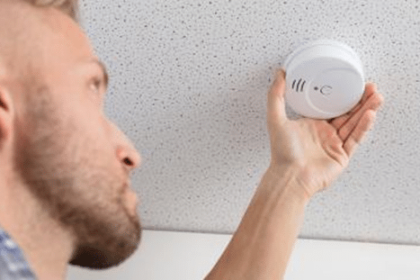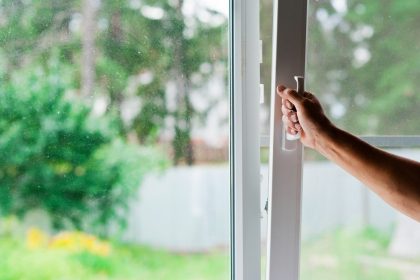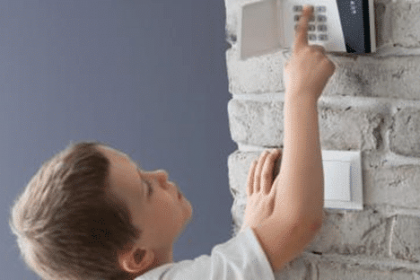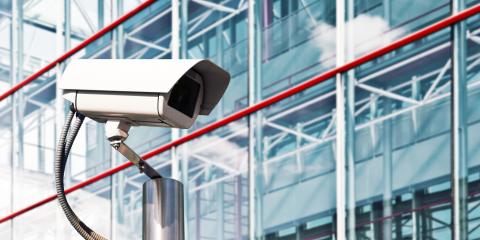
Various dishes include fried ingredients, but it takes a skilled cook to handle the heat necessary to get the food just right. While over- or under-cooking the meal is a possibility, another more dangerous situation can come from frying in a kitchen — grease fires. A fire alarm will alert you of the flames, but it’s vital to understand various aspects of grease fires so you can stay safe while cooking.
What to Know About Grease Fires
How Do Grease Fires Start?
The most common source of grease fires is cooking oil that becomes too hot. A watchful eye can prevent the temperature from rising to an ignition point, but distractions can take the attention of a cook or restaurant staff away from the heating oil. When oil is left unattended like this, your only warning may be the fire alarm going off after the grease has already caught fire. Dirty kitchens also contribute to grease fires. If oil residue isn’t cleaned off of exhaust hoods and cooking surfaces, open flames can quickly ignite the substance.
How Are Grease Fires Extinguished?

If you’re alerted to a grease fire by your fire alarm, turning off the source of the heat should always be your first step. Once that’s done, there are a few methods that can efficiently quell the flames. Smothering the fire with a pot lid — or something similar — can put the fire out or baking soda can be spread on the flames to extinguish them as well — but only if the fire is small. If the kitchen is equipped with a Class B dry chemical fire extinguisher, it can be used to extinguish the grease fire. The chemicals will, however, contaminate the kitchen so the extinguisher should only be used if the other methods have failed.
What Shouldn’t Be Done With Grease Fires?
Water should never be used on grease fires. Aside from not extinguishing the flames, water can splash the oil and grease around your kitchen and quickly make the fire spread out of control. Similarly, you should never try to move the pan to the sink. The movement can splash grease around and create a very dangerous situation.
How Do You Prevent Grease Fires?
Anything cooking with a source of heat should be monitored at all times, and it’s crucial to closely follow any recipe with cooking oil to ensure excessive amounts that can lead to problems aren’t used. Cleaning your kitchen regularly to prevent the buildup of grease residue will also reduce the chances of fires breaking out. Lastly, you should always have a functioning fire alarm installed in your kitchen area.









